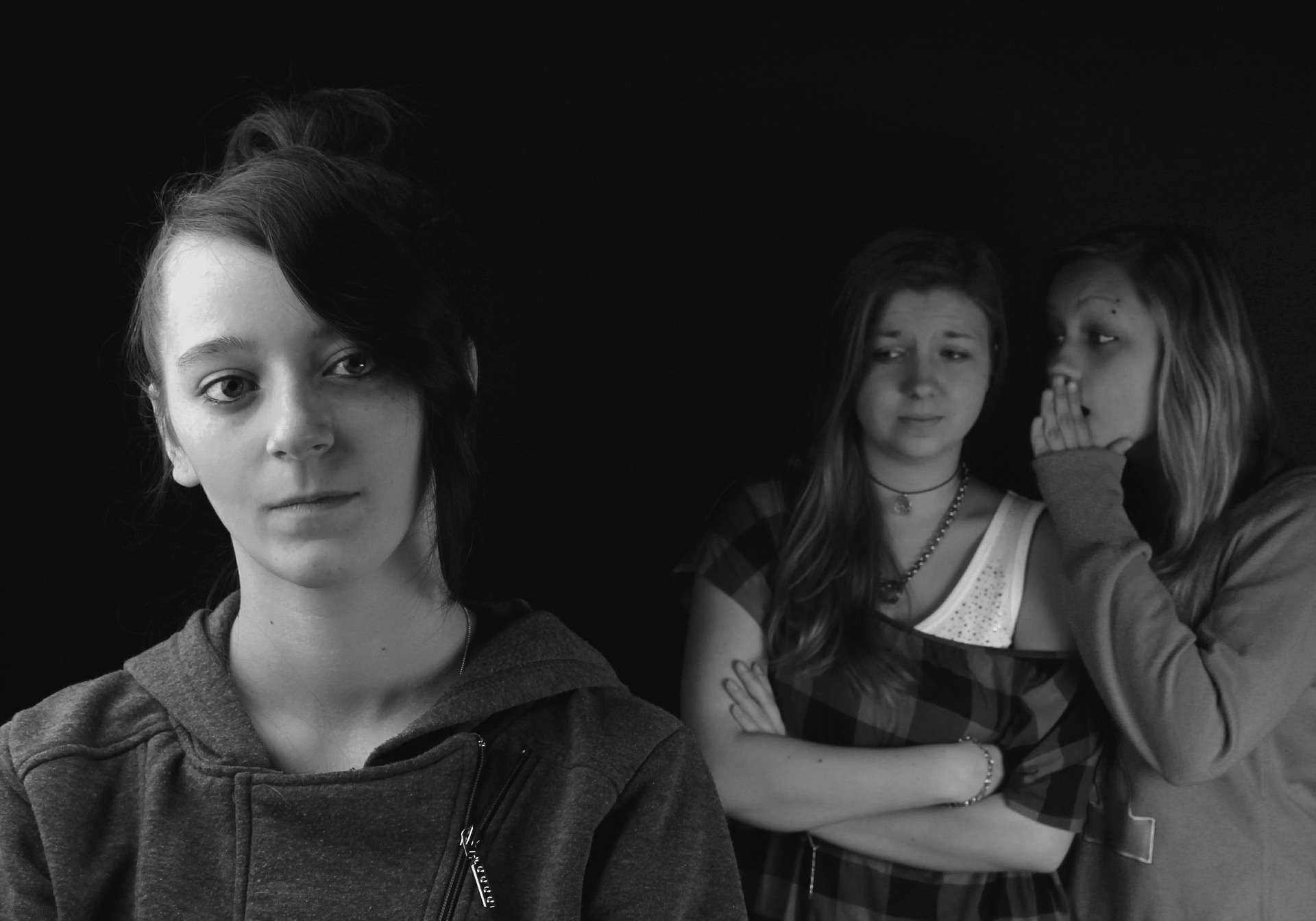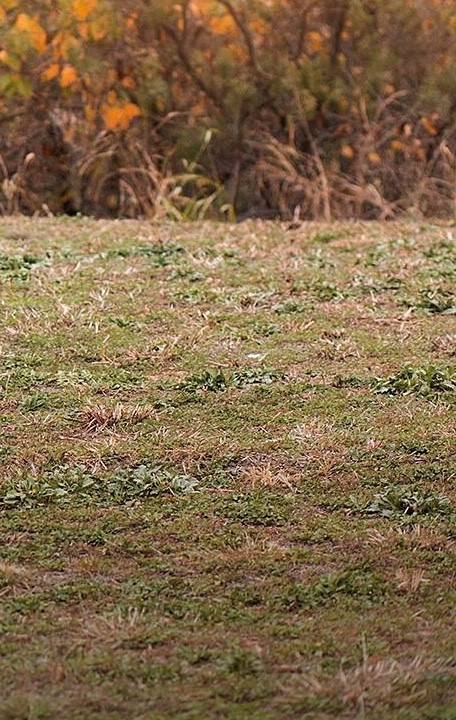I watched as the girls whispered and giggled behind their hands, casting glances towards Victoria who sat alone on the other side of the gym. I felt uncomfortable. Not liking to be left out, myself, I certainly didn’t like making others feel left out. It was a silly thing, the kind of silliness you’d find in elementary school in a group of 3rd grade girls. We had come up with a funny “language” to speak in code with each other. Someone decided it needed to be a secret language. Then someone insinuated it was only for “us” and not for “her,” nodding towards Victoria.
I had a choice.
I was tempted to whisper and giggle and strut my new language that Victoria couldn’t understand. However, I knew that even if I wasn’t the one being “mean” and making the rules about who could and couldn’t know the language; to not do something about it when I knew better would actually be worse.
So, I walked across the gym to Victoria and I told her. I explained about the new code and what each of the words meant and invited her over to join us.
I remember the other girls being put out with me, asking me why I had to go “ruin everything.”
Sadly, that day didn’t change anything for Victoria with that group of girls. They didn’t change their ways and begin to include her. I am thankful that I made the choice to reach out to her and create a habit in my life of being inclusive. I wish, however, that I would have known to explain then to Victoria what I know now: their reasons for excluding her had little, if anything, to do with Victoria. Their actions were more than likely a result of a need these girls had: to feel important and special and making her feel small and insignificant was the only way they knew how.
Sadly, many women bring those same tools into adulthood…finding vulnerable people they can use to feel important and special, not realizing that being important and special is an inside job. It’s not something you can get by making others feel less special or less important.
I’ve sat with many women and heard many stories. I’ve heard enough stories to know that this group of girls in my 3rd grade class had stories I didn’t know about, things that were happening at home to make them feel less-than and powerless. Most likely there was some variation of this happening within their families, modeling that the way to be important and special is to make someone else feel less so.
Healthy boundaries are important. I’m not a proponent of bullying or staying closely connected to people who have a propensity to behave badly, but I have learned that most of the time a “mean girl” is really a hurting woman. If I’m present enough with myself and have my own sense of value and worth secure; then I can step back in those situations when I observe this mean behavior going on and see the little 3rd grade girl inside that grown woman crying out for someone to make her feel important and special.
It’s easy to get sucked into the vortex of offense and grievance and to get caught up in how this person tried to steal from me for her own sense of self-worth. And I’ve done that. I’ve gotten offended and worked up. I’ve complained to my husband or close friends or anyone who will listen about the horrendous way this person behaved towards me.
But there’s something that hasn’t felt quite right about stopping there…something more that I need to do besides air my grievances, something that gets me past the offense for good and into a better place inside. So, I’ve been trying something new: acknowledge, forgive, and have compassion – 3 simple steps that take a lifetime to master.
I first acknowledge the wrong done to me. I have a high justice meter and I want things to be fair and right. And while I may understand the behavior behind the wrong action, it’s important to name the offense and acknowledge the pain it caused me in order to move to the next step of forgiveness.
Next, I forgive the wrong I’ve identified; and let the person off the hook for not being the kind of person I needed or expected them to be towards me. Forgiveness is the act of letting go of the right to make sure someone repays a wrong done to me or someone I care about. Many people get tripped up on this step because it’s been confused with sweeping things under the rug or staying in an unhealthy or unsafe relationship. It’s neither of those things. It is, however, relinquishing the right to determine how and when the payback happens and giving yourself permission to move past the offense and on with your life.
Finally, I practice compassion. For me, compassion looks like me remembering that there’s probably a little girl in a grown-up body who doesn’t know another way to get her needs met, who is probably carrying around a lot of hurt and pain. She mostly experiences the extremely powerless feeling of having to rely on others to give her a sense of importance. Notice, compassion takes practice. Unless you’ve been at this for a while, compassion towards someone who has wronged you doesn’t come easily. It’s a muscle that grows with use.
I don’t have contact with any of those 3rd grade girls today, but I hope that they outgrew that method of gaining self-worth. I’m hoping that Victoria learned that bad behavior towards her wasn’t a reflection of her person or her importance in the world and that, somehow, my small act of inclusion helped her. I know that I still want to be one who walks to the other side of the gym to help another feel included. I also know that if I want to grow past my offenses, I have a choice: hold onto my offenses and grievances or release them and move to acknowledge, forgive, and have compassion.
I’m choosing to grow. Care to join me?












